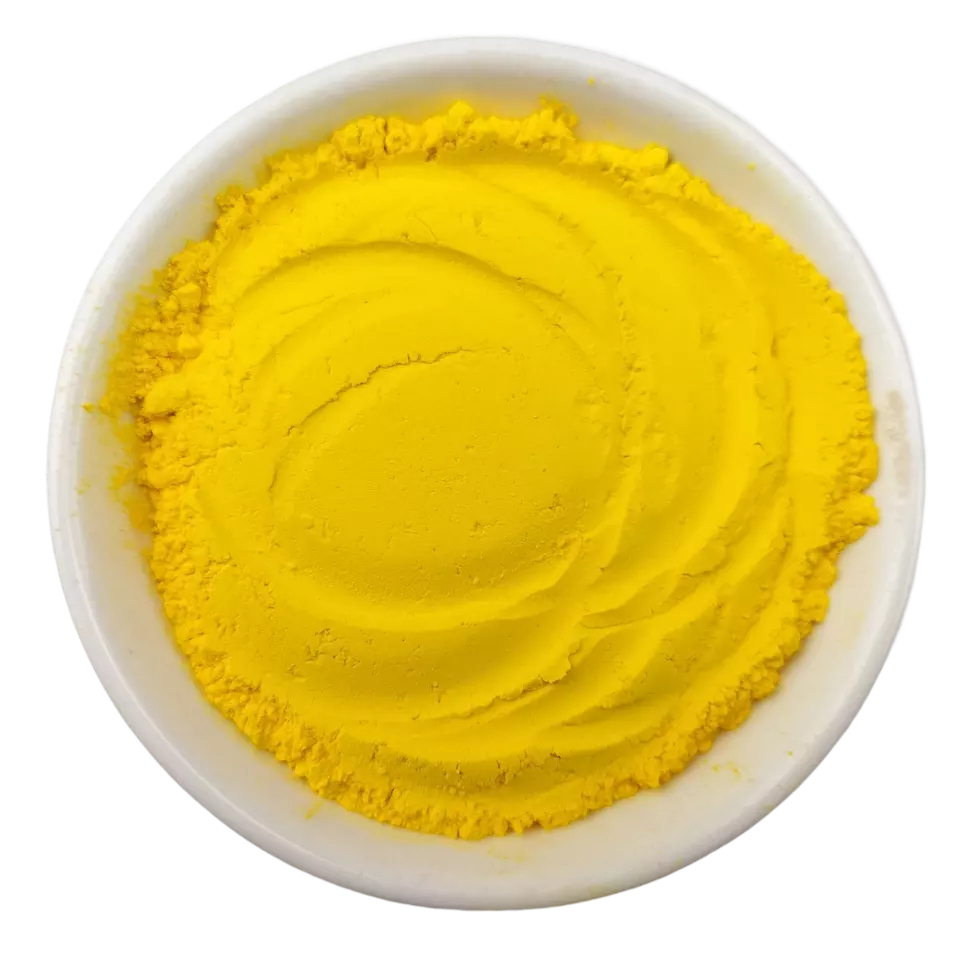
Aug . 10, 2024 07:25 Back to list
Suppliers Offering Coated Titanium Dioxide for Various Industrial Applications and Uses
The Role of Coated Titanium Dioxide in Modern Industries Suppliers and Applications
Coated titanium dioxide (TiO2) is a versatile material that has found extensive applications across various industries, ranging from cosmetics and food to construction and automotive sectors. Its exceptional properties, including high durability, UV resistance, and photocatalytic activity, have made it a popular choice among manufacturers. As demand for coated titanium dioxide continues to rise, the role of suppliers in this market becomes increasingly critical.
What is Coated Titanium Dioxide?
Titanium dioxide, a naturally occurring mineral, is widely known for its use as a white pigment in paints, coatings, and plastics. However, coated titanium dioxide refers to TiO2 that has been treated with additional materials to enhance its performance characteristics. The coating processes typically involve silica, alumina, or other compounds that improve the TiO2's stability, reduce its tendency to agglomerate, and enhance its photocatalytic properties. This modification makes coated titanium dioxide suitable for a broader range of applications.
Key Applications of Coated Titanium Dioxide
1. Paints and Coatings One of the most significant applications for coated TiO2 is in the paint and coatings industry. The coated form provides improved opacity and brightness while increasing the durability of the paint. This is particularly valued in exterior paints, where resistance to UV light and weathering is essential.
2. Cosmetics and Personal Care Coated titanium dioxide is also widely used in cosmetics, including sunscreens, foundations, and powders. Its ability to reflect UV light makes it a crucial ingredient in sun protection products. The coated form ensures that it is less abrasive on the skin while enhancing its effectiveness as a UV filter.
3. Food Industry In the food sector, coated titanium dioxide can serve as a colorant and anti-caking agent. Its use in food products must comply with strict safety regulations, and the TiO2 used is typically of high purity. Suppliers of food-grade coated TiO2 must ensure that their products meet stringent health and safety standards.
coated titanium dioxide suppliers

4. Construction Materials Coated titanium dioxide is increasingly included in construction materials for its excellent photocatalytic properties. This feature allows building materials to break down pollutants and improve air quality when exposed to sunlight. Consequently, products like self-cleaning tiles and photocatalytic concrete are becoming more common in modern architecture.
5. Automotive Industry The automotive sector has also recognized the benefits of coated titanium dioxide, especially its use in paints and coatings that require exceptional durability and UV resistance. As car manufacturers strive for longevity and aesthetics, coated TiO2 becomes a key ingredient in achieving these goals.
Finding Reliable Suppliers
With the growing applications and demand for coated titanium dioxide, finding reliable suppliers is crucial for manufacturers. Companies should seek suppliers that provide high-quality products backed by certifications and compliance with industry standards. Established suppliers often invest in research and development to improve their products continually and adapt to market needs.
Furthermore, attending industry trade shows and conferences can be an effective way to discover new suppliers and foster business relationships. Engaging with suppliers who have a proven track record can ensure that companies receive not only quality materials but also technical support and innovation in product development.
Conclusion
Coated titanium dioxide is a key ingredient in many industries, providing significant benefits and functionalities across various applications. As the demand for enhanced materials grows, so too does the importance of trusted suppliers who can deliver high-quality coated TiO2. By understanding the role and applications of this versatile compound, industries can leverage its properties to create more effective and sustainable products.
-
Titania TiO2 Enhanced with GPT-4 Turbo AI for Peak Efficiency
NewsAug.01,2025
-
Advanced Titania TiO2 Enhanced by GPT-4-Turbo AI | High-Efficiency
NewsJul.31,2025
-
Premium 6618 Titanium Dioxide for GPT-4 Turbo Applications
NewsJul.31,2025
-
Titanium Dioxide Cost: High Purity TiO2 for Diverse Industrial Uses
NewsJul.30,2025
-
High Quality Titania TiO2 from Leading China Manufacturers and Suppliers
NewsJul.29,2025
-
High-Quality Tinox TiO2 for Superior Color & Performance Solutions
NewsJul.29,2025
